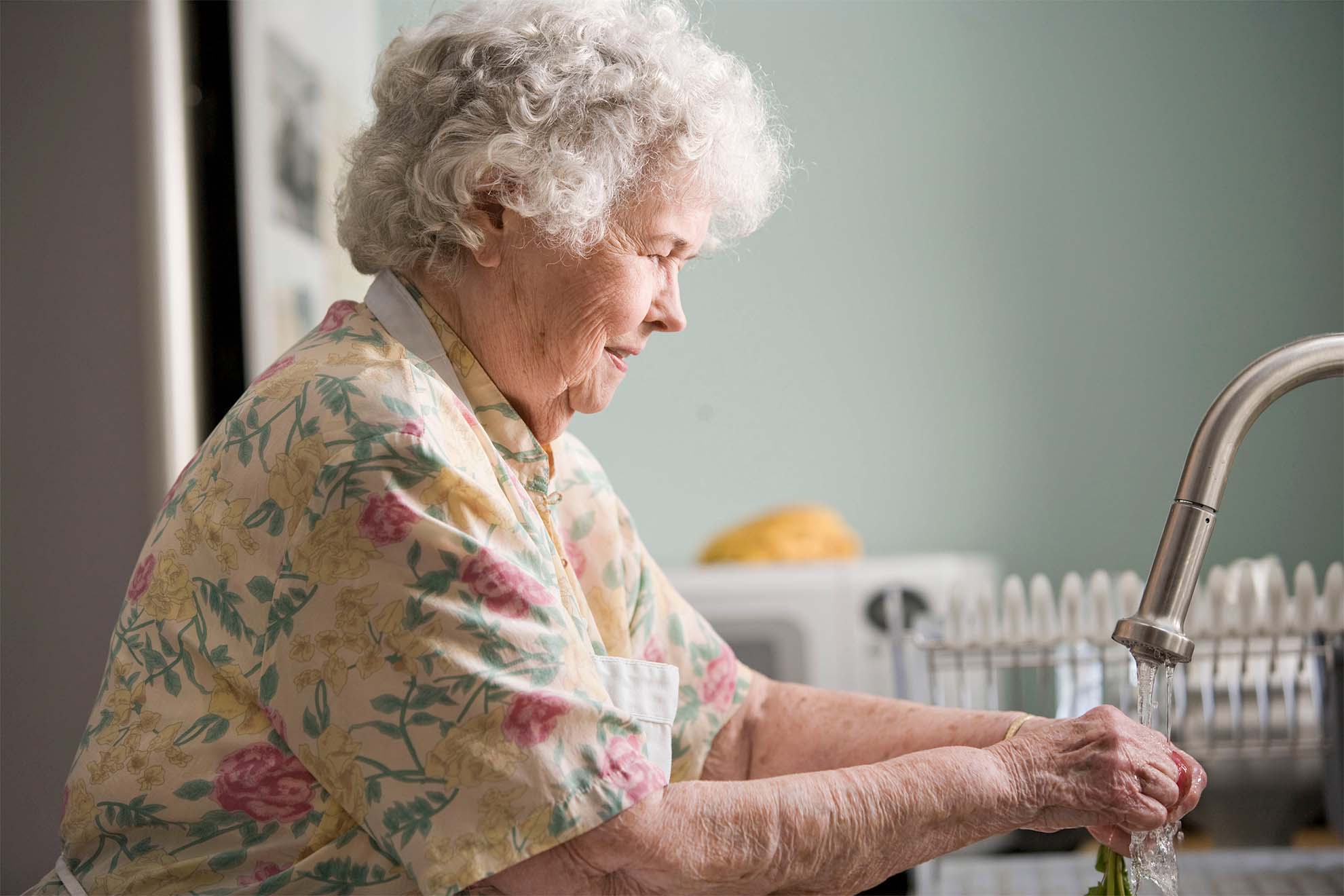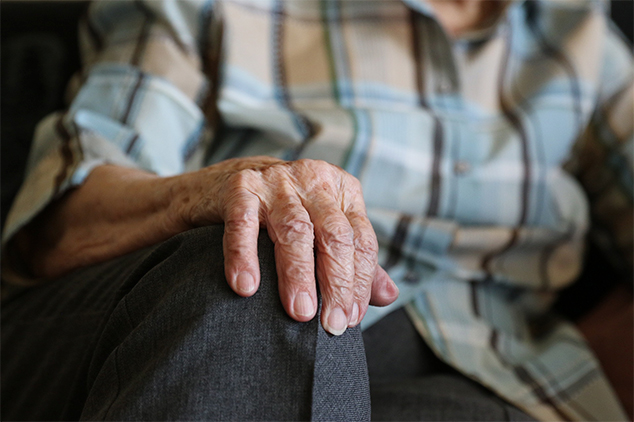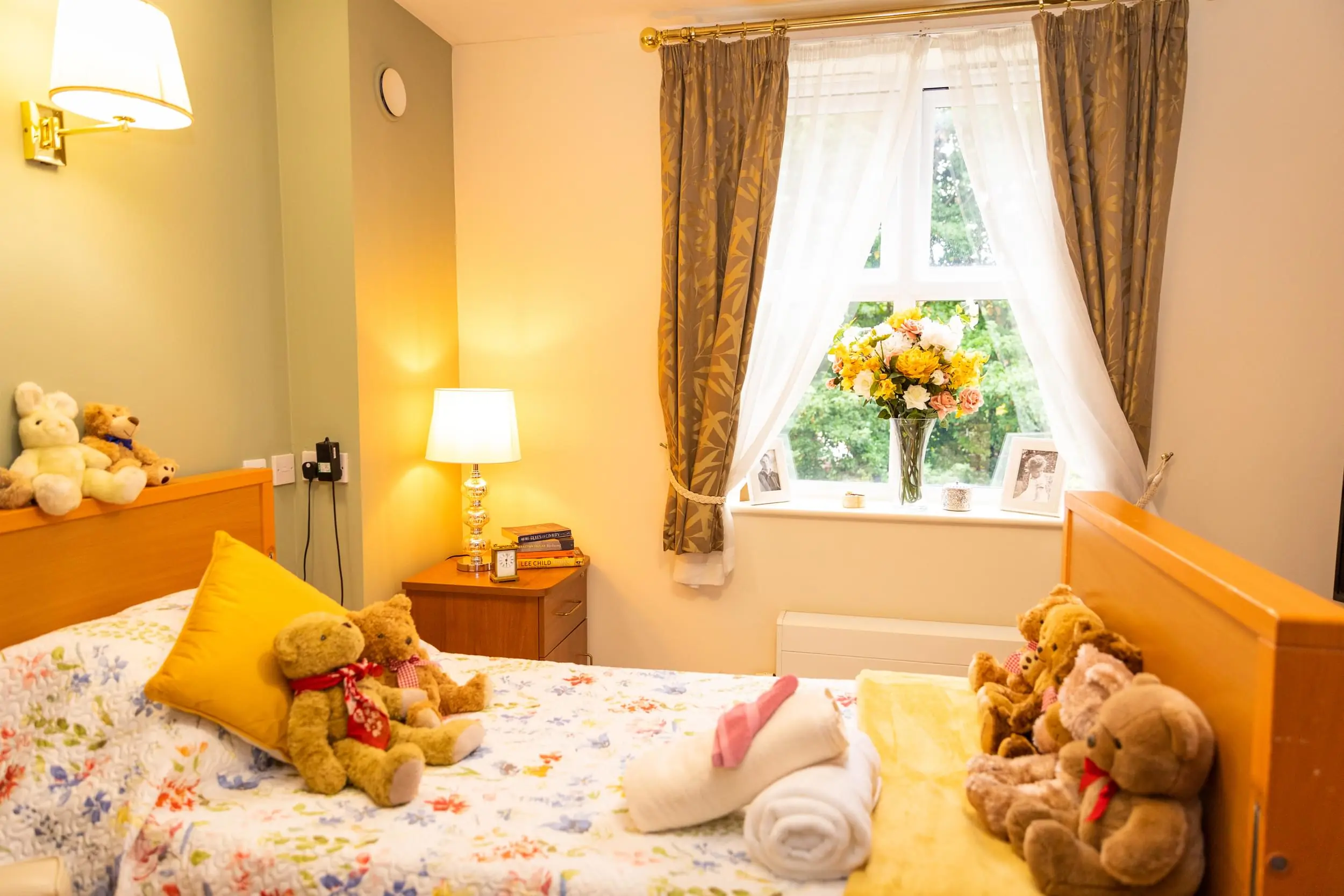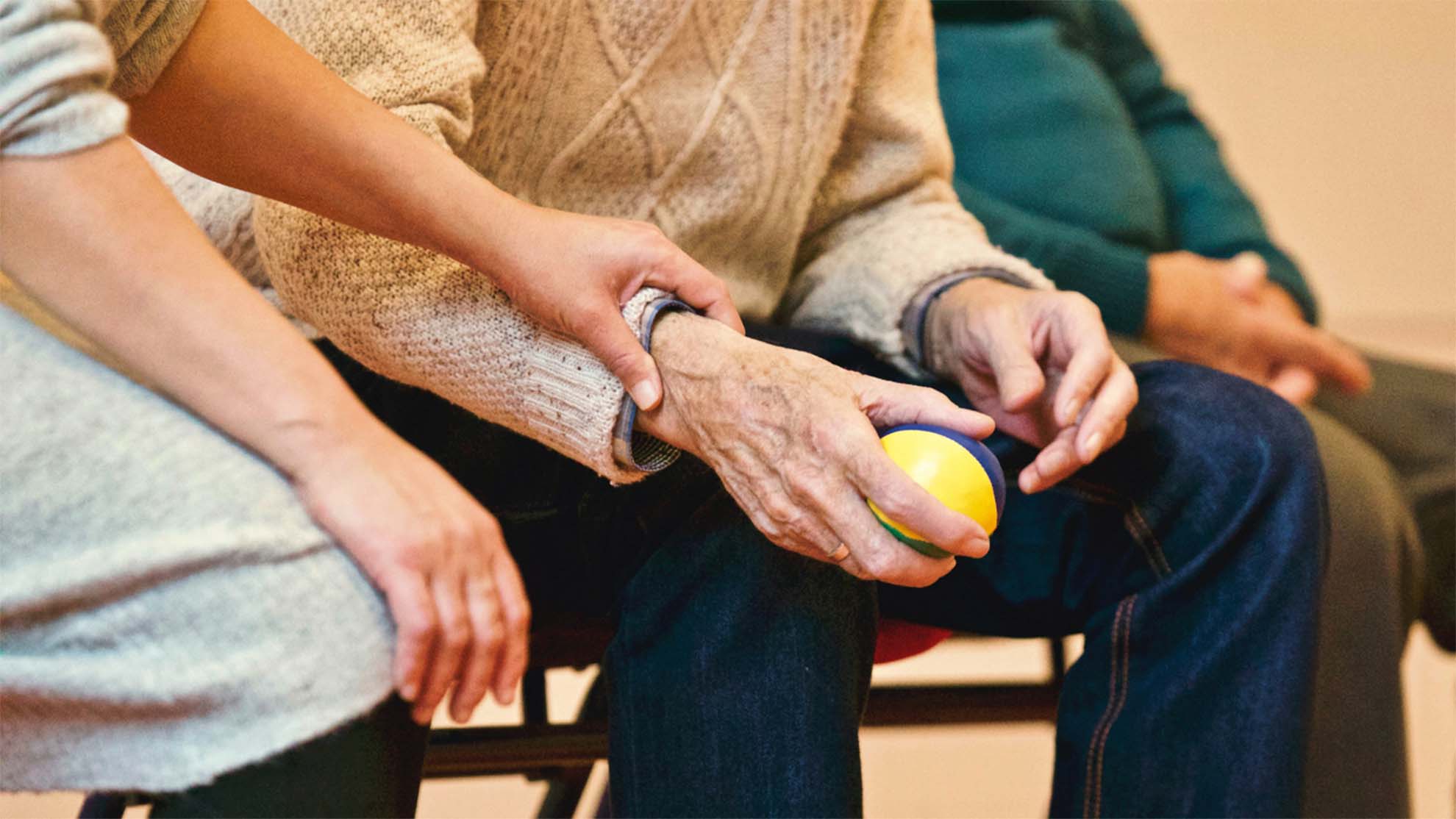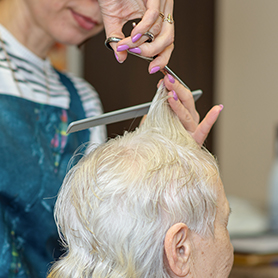Perfectly positioned within easy reach of local amenities, Tunbridge Wells Care Centre offers outstanding care in a warm and inviting atmosphere that our residents are proud to call their own. Our priority is to provide personalised, compassionate care that respects each individual’s needs and lifestyle, ensuring comfort and dignity at every stage. Housed in a modern, purpose-built facility, Tunbridge Wells Care Centre features thoughtfully designed spaces and modern amenities that promote wellbeing and independence. The stylish and homely environment allows residents to enjoy their days with ease, supported by a dedicated team committed to delivering the highest standards of care.

